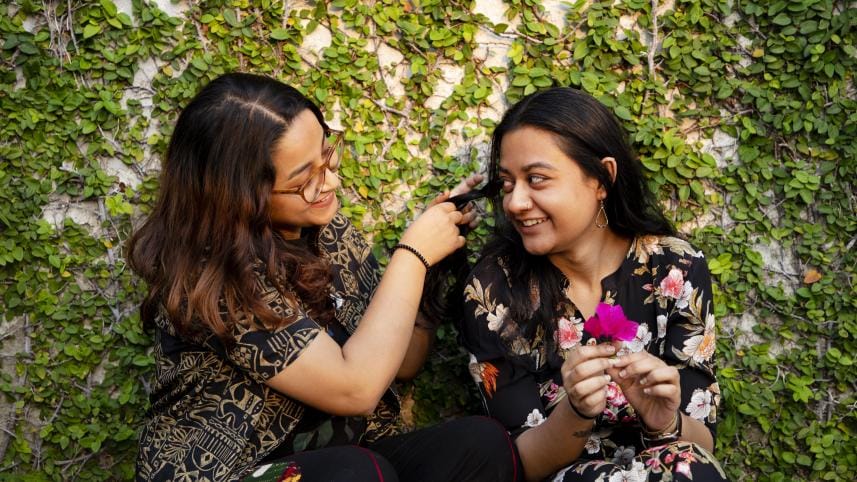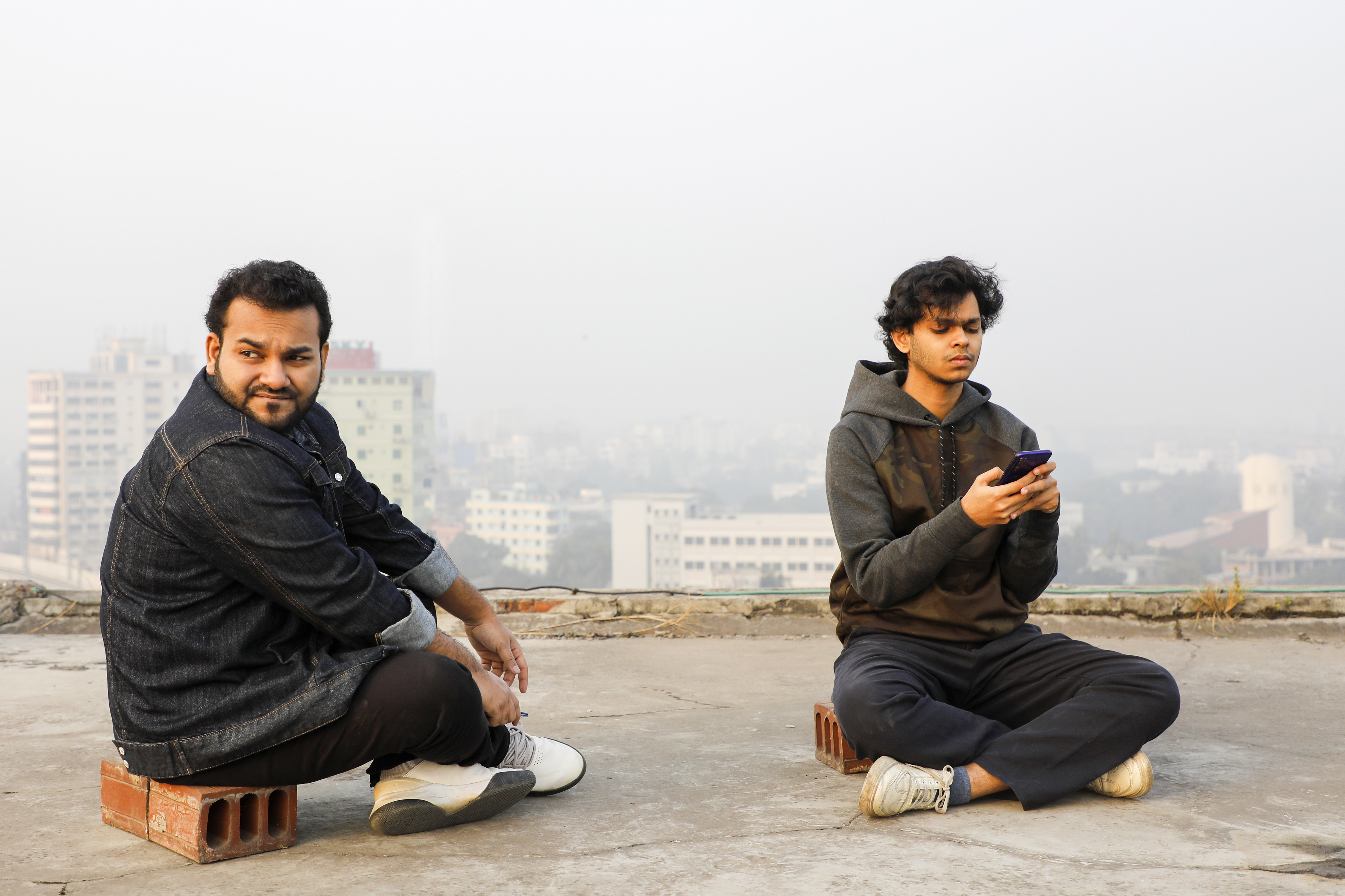Women should treat each other better

The oldest prejudice in the book is that of women being prone to jealousy, backbiting, and showing covert regression towards each other. Any rational individual would agree that such generalisations can never be representative of an entire group.
However, some women do develop internalised prejudices as they're forced to conform to gender roles and exist alongside unaddressed stereotypes. They subconsciously demean fellow women.
Every girl gets judged for the way she carries herself, and sadly, a lot of it often comes from other women. Women in gender biased environments get gas-lighted into believing that other women wield their femininity and physical appearance to impress the male gaze, often unknowingly.
This is how internalised sexism manifests itself.
Women begin underestimating each other. They become henchmen of the patriarchy, holding women over the same impossible standards they themselves are expected to meet. Some women gradually develop biases wherein it seems only fair to them that their female predecessors stumble upon disparaging roadblocks and figure their way across steep learning curves without a helping hand, the same way they did.
Yet when a woman takes control of her situation, tries to be assertive, or decides to be openly opinionated, there is always scrutiny from fellow females, pointing out how she's being too "bossy" or unladylike.
On one hand, headstrong women tend to doubt the ambition and capabilities of women who choose traditionally "feminine" responsibilities over paid careers. I have witnessed female family members accuse women of being self-centred and callous to their "intrinsic" responsibilities if they prioritise their profession over domesticity.
Women have entombed each other within a conundrum of critique about what they should ideally mould themselves to be like.
Research by British anthropologist and psychologist Robin Dunbar shows that women form intense female friendships. They prefer sharing intimacies through conversations. Several citations found that individual personalities and regular emotional reciprocity influence female friendships very strongly.
So, it's harder for girls to cope with fallouts in friendship. Women put more weight on emotional fidelity. They may maintain "cliques" for example, might not readily accept outsiders into their close knitted circles. Thus, they end up harshly judging, ostracising, or being mean to fellow females while trying to gate-keep their connections.
When women actively endorse the "I'm-not-like-other-girls" rhetoric, are they not trying to validate themselves by invalidating fellow women whom they consider to be "inferior" to them? They end up further consolidating the absurdity that feminine women cannot compete and find success working with other genders unless they privilege masculinity.
Women need to be tolerant of the diversity of feminine identities and shun inclinations if tying expression to a women's moral compass. They also need to celebrate each other's successes. Discriminatory constructs have more power over us if we can't maintain solidarity within ourselves. Even when competing for limited opportunities, women have to work to further their own prospects, while helping out fellow women every step of the way. Most importantly, they must possess the integrity to openly confront each other about disagreements.
It's not about who can one-up the patriarchy first. It's about finding how we can defeat it together even if it pits us against each other.
Reference:
Dunbar, R. (2021). Friends: Understanding the Power of Our Most Important Relationships
Send Nuzha much-needed validations at nuzhaoishee1256504@gmail.com



 For all latest news, follow The Daily Star's Google News channel.
For all latest news, follow The Daily Star's Google News channel. 
Comments